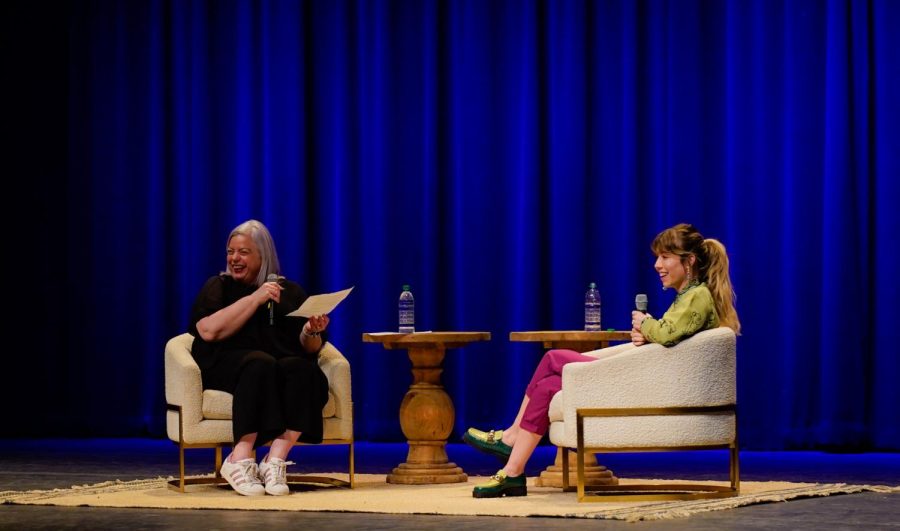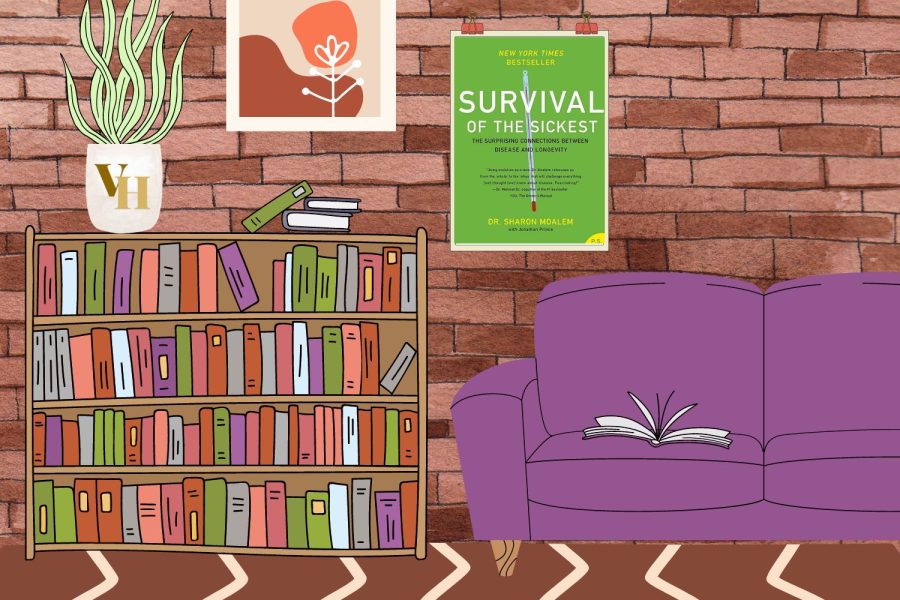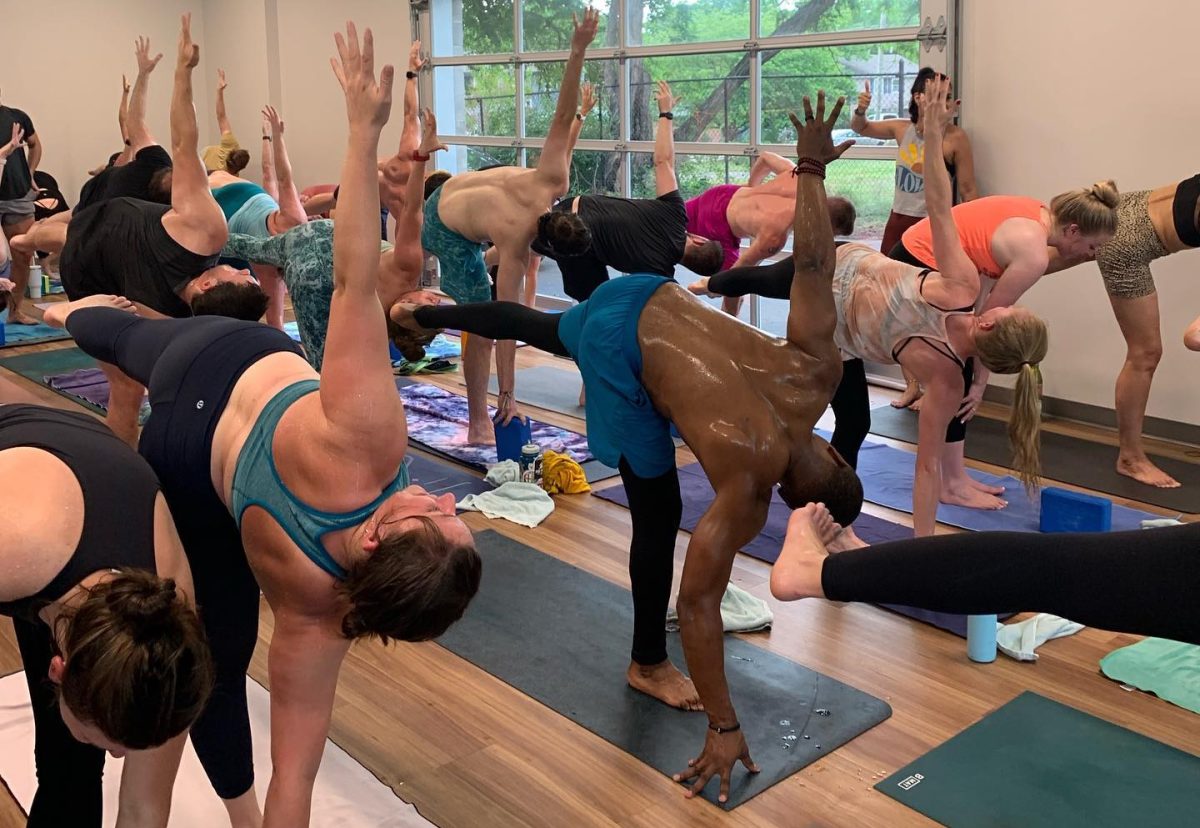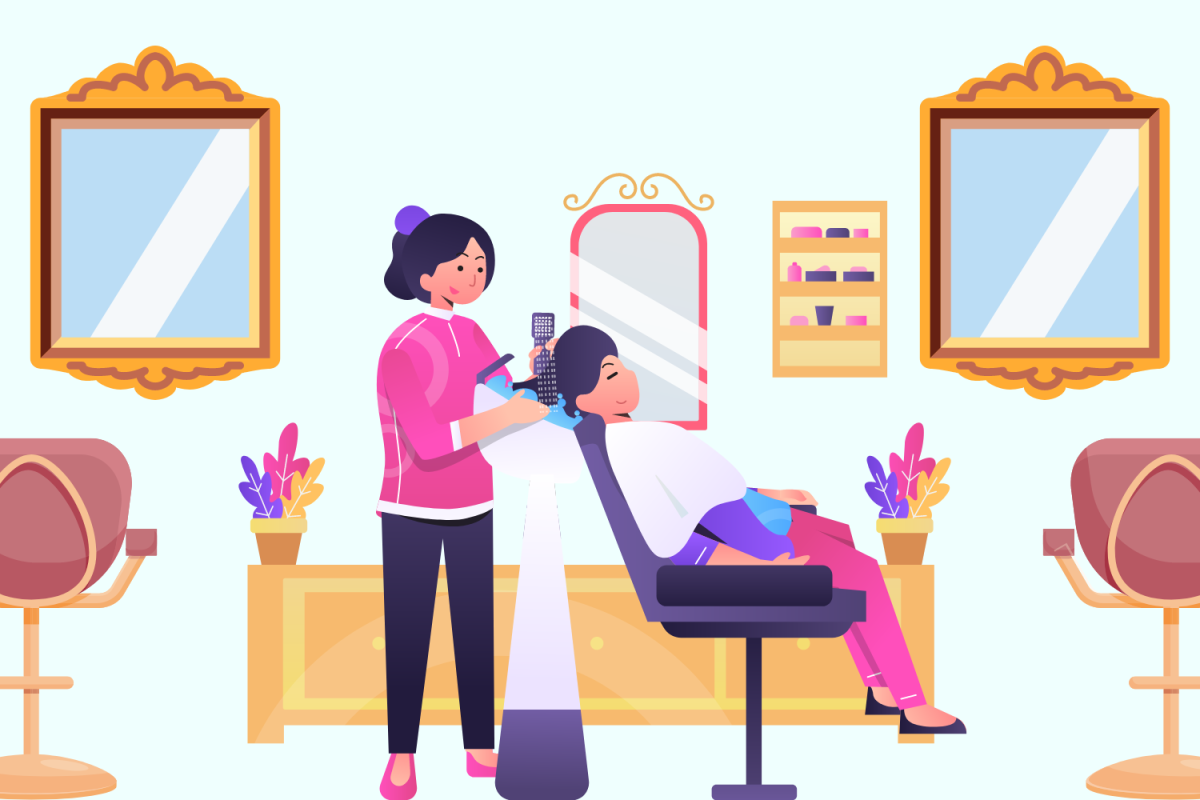As a little kid, getting a book for Christmas felt like a chore. Now, receiving a book that someone you love picked out for you is as good as getting a handwritten letter. To me, it says, “I was wandering through Barnes & Noble, and this made me think of you.” Priceless. Unsurprisingly, I was elated to acquire a new book this holiday season.
The gift, Sam Kean’s “The Icepick Surgeon” is a collection of stories detailing just how far people will go to cover up controversy. Each chapter is dedicated to a different true historical story, all of which focus on the various moral wrongs committed by scientists.
This book unflinchingly argues that people — especially students’ — idealized perceptions of scientists can cause us to remember an inaccurate history. Furthermore, Kean describes how some scientists today avoid acknowledging the wrongdoings of the past for fear that it will diminish progress. Kean writes, “After all, isn’t science progressive — a force for good in the world? Absolutely. But it’s also a human endeavor, full of well-meaning but fallible people, people who get fixated on their research and ignore their nagging consciences.” Now, there are certainly varying degrees of severity when one deems something as “scientific” to cover-up true evil and prejudiced intentions throughout history. The debate rises when said malicious experiments yield groundbreaking results that could save countless future lives.
In each chapter, there were many ethical quandaries I read, reflected and remained undecided on. For example, Kean describes various horrific experiments performed by Nazi doctors on POWS during the 1930s and 1940s. One of the more notable experiments studied the effects of hypothermia by placing prisoners in ice baths for so long that their core temperature fell below 80 degrees Fahrenheit. To put that extremity into perspective, in modern medicine, even the most experimental doctors refuse to allow patients’ core temperatures to drop below 93 degrees. However, the data from the Nazi camps demonstrated new methods of health therapies for hypothermia, such as rapid heating in hot water opposed to the previous passive warming practices.
As Kean asks us, “should modern doctors ignore that finding, due to the unethical nature of the data?” Doctors remain divided on this today. Some say that it is their responsibility to the victims to use the data their sacrifice provided. Others question the validity of the data to begin with. Since many of the prisoners were malnourished and sick, the previous heating methods might still work well on a healthy person. As a profession, doctors have a responsibility to their patients outlined in the oath they take. But how far does that oath go? How much more of history’s breakthrough medical findings are rooted in similar barbarism of the Nazi experiments?
As someone who is aspiring to go into medicine, it can be daunting to recognize how some of these ethical issues might be resolved in real-life practice. In medicine, quick and precise treatment is a matter of life or death, when there is no time to question whatever dark place the practice originated from. Nevertheless, I think it is very important for scientists and doctors to educate themselves on the history of their professions and fields. Even if they opt to use the best-proven method no matter its origin, it is still important to know the context of previous patients’ sacrifices.
In another story, Kean spotlights another situation: in which unethical research practices lead to faulty results. This narrative takes place back in the early 1800s and contains one of the most infamous scientific taboos: the black market practice of grave robbing bodies to be used for cadavers, a practice which disproportionately affected the lower class. Rich New Yorkers had the means to hire someone to stand over their loved ones’ graves to make sure no one stole their bodies. In contrast, poorer sections of large cities were robbed nearly every night.
Interestingly, the scientists who benefitted from grave robbing self-sabotaged many of their anatomical discoveries due to the skewed demographic of their dissections.
Specifically, poverty-stricken populations suffer from much higher levels of chronic stress and other medical problems compared to their affluent counterparts. The body’s response to such conditions involves releasing adrenaline, and stress affects both the shape and size of the glands pumping these hormones to the rest of the body. Because scientists at the time were only dissecting bodies that were from these underserved populations, their view of these glands was greatly skewed. Thus, their corresponding treatments were also wrong. In the 1800s, sudden infant death syndrome (SIDS) plagued the country. Through dissections, doctors observed that glands in SIDS babies were larger than any glands they had seen before. But, these glands were actually normal-sized, because the glands they had seen in previous dissections were incredibly shriveled and small due to the chronic stress of the impoverished bodies they were found in. To shrink these glands and cure SIDS, doctors exposed babies to large amounts of radiation. Thousands of babies grew up with the horrendous side effects of radiation — burned skin, abnormally small glands and cancer — without even being treated for SIDS. Kean states this story explains how “an unethical scientific setup can lead to dangerous scientific outcomes.”
As a STEM college student, so much of my real-life scientific applications are related to my constant contemplation of my future career. Whenever I feel like I’m drowning in lab reports or problem sets, it can be hard to find a valid reason for why I’m putting myself through such stressful academic experiences. I usually reassure my anxious thoughts by reminding myself of how I can use this knowledge in my future. Reading doesn’t have to be a chore; it can be a tool to make sense of the world around you. Reading about the work of generations of scientists before me — specifically their mistakes and moral shortcomings — helps me see the field of science in a more realistic light. Scientific history is anything but perfect. It is corrupt, yet often romanticized; therefore, it is necessary for us all to continue on Kean’s search for the truths that have long since been covered up.























